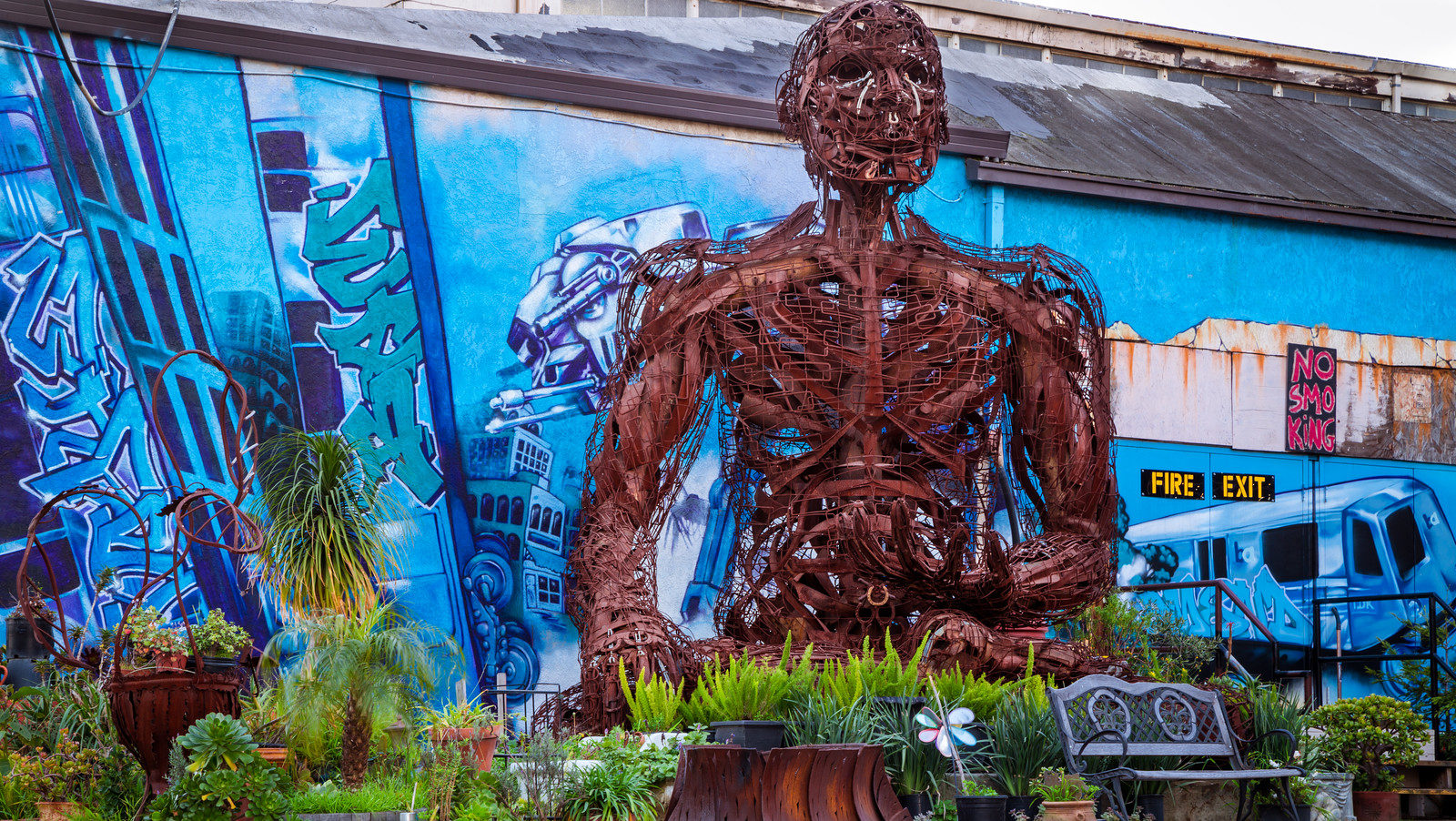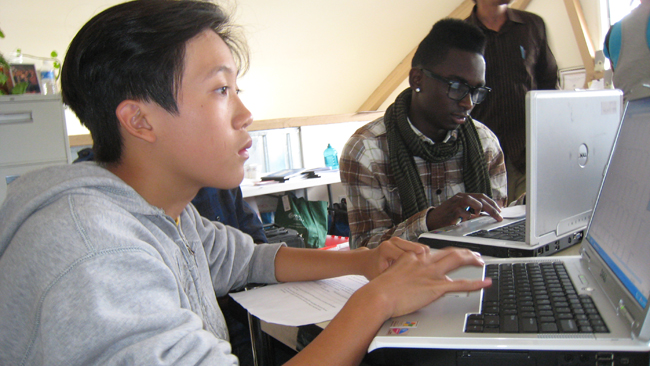West Oakland Environmental Indicators Project builds resilient communities through environmental justice. We use a collaborative model of power sharing to equip residents with the skills and expertise to drive change in their own neighborhoods.
Collaborative problem-solving
WOEIP’s Collaborative Problem-Solving model is a blueprint for how local communities can bring diverse stakeholders together to drive on-the-ground change. Using partnership agreements that define goals, roles, and responsibilities, we ensure that everyone sits at the same table with equal power. This creates accountability and common ground among stakeholders who otherwise might struggle to work together. By sharing the process and the power, we ensure community voices have a say in the decisions that impact their daily lives.
Participatory research
The historic drivers of public policy, public decision-making, and data storytelling have historically been from the academic, scientific, and business perspective. WOEIP has a long tradition of upending this paradigm through our Participatory Research methods designed, conducted, and analyzed by those with lived experience in the communities impacted by these policies.
Our approach gives impacted residents the opportunity to ask the questions that matter most to them and increase their own capacity for collective inquiry. We engage residents in environmental science studies, supplement science education in our local schools, and build a greater understanding of environmental justice. Our community’s research has fueled significant legislative and regulatory policy in the City of Oakland, serving as a model across the state of California and beyond.
Program Areas

Community-influenced revitalization
The West Oakland neighborhood’s decades-long struggle with industrialization, pollution, and racially-motivated public policy drives our belief that community residents must be active partners in envisioning, developing, and implementing any actions taken to improve our community. It is only by sharing power with those who have historically held it that we build truly healthy, safe, resilient communities. WOEIP partners directly with city and regional planners, regulators, policy makers, and business to shape the decisions that impact our neighborhoods. Our staff serves on multiple local advisory boards and informs key air quality policy development at the city and county level.

Climate change adaptation
Extreme weather changes like wildfires, drought, and flooding from rising sea levels disproportionately impact communities already living with the outcomes of long-term systemic racism and injustice. West Oakland’s coastline proximity and history of redlining and industrialization put the neighborhood particularly at risk. WOEIP educates residents and prepares them as our climate takes a local toll, creating a more resilient community. We advocate with local and regional governments to ensure sufficient disaster preparedness and energy security, holding our elected officials accountable for serving all the public.

Leadership and youth development
Our hands-on training puts community members at the center of our research, advocacy, and policy development work. Through multiple training programs focusing on both adults and youth, we help residents understand the issues that impact their day-to-day lives, formulate and pose the questions that matter most to them, collect and analyze data for better decision-making, and play an active role in shaping policy. In our experience, when community members have personal agency in the decisions that impact their lives, community outcomes are more relevant and appropriate, more meaningful, and longer lasting.